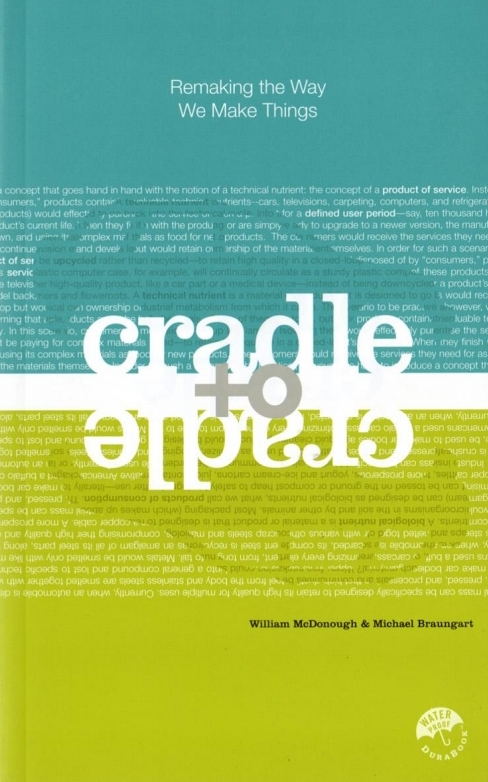

Most ebook files are in PDF format, so you can easily read them using various software such as Foxit Reader or directly on the Google Chrome browser.
Some ebook files are released by publishers in other formats such as .awz, .mobi, .epub, .fb2, etc. You may need to install specific software to read these formats on mobile/PC, such as Calibre.
Please read the tutorial at this link: https://ebookbell.com/faq
We offer FREE conversion to the popular formats you request; however, this may take some time. Therefore, right after payment, please email us, and we will try to provide the service as quickly as possible.
For some exceptional file formats or broken links (if any), please refrain from opening any disputes. Instead, email us first, and we will try to assist within a maximum of 6 hours.
EbookBell Team

0.0
0 reviewsWaste equals food.
Guided by this principle, McDonough and Braungart explain how products can be designed from the outset so that, after their useful life, they will provide nourishment for something new. They can be conceived as "biological nutrients" that will safely re-enter the water or soil without depositing synthetic materials and toxins. Or the can be "technical nutrients" that will continuously circulate as pure and valuable materials within closed-loop industrial cycles, rather than being "recycled"--really downcycled--into low-grade materials and uses. Drawing on their experience in (re)designing everything from carpeting to corporate campuses, McDonough and Braungart make an exciting and viable case for putting eco-effectiveness into practice, and show how anyone involved with making anything can begin to do so as well.